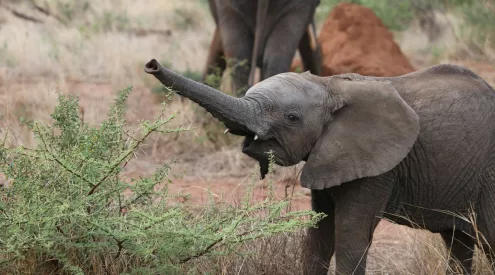A serious outbreak of avian flu is affecting endangered Cape cormorants along the coast of the Western Cape. With hundreds of birds already dead from the disease, SANNCOB is collaborating with affected reserves and local veterinarians to manage the situation.

Avian influenza (HPAI) is a highly contagious viral disease with no curative or preventative treatment. The H5N1 strain of HPAI was detected in wild birds in the Western Cape, mainly affecting gulls.
The first Cape cormorants were only diagnosed in mid-September, with rapidly increasing cases over the last week. The worst-hit areas were dyer island near Velddrif, where one of the largest cormorant roosts congregate, is being closely monitored.
Mitigation measures are in place, such as removal of carcasses and sick birds, but SANCCOB states that treating affected birds is futile, and poses a serious risk of disease spread. Sick birds are therefore euthanised.
The symptoms of avian influenza in seabirds range from tame behaviour or weakness to muscle twitches and seizures. Abnormal numbers of sick birds can be reported to a local conservation authority or state veterinarian.
Even though the disease carries a low risk to humans, people can still carry the virus on their hands and clothes, and possibly infect other birds.
The Berg River remains a hotspot for the disease, with reports of dead birds from Velddrif to Arniston, and neighbouring municipalities urged to be cautious. On 13 October 2021, an estimated 1 500 dead cormorants were collected in the region.
The Disaster Management Centre urges the public to be vigilant, and report unusual mortalities or sick birds to their local conservation authority or state veterinarian.
Picture: Flickr Commons
ALSO READ
Maputo Special Reserve welcomes cheetahs after 60-year absence



















